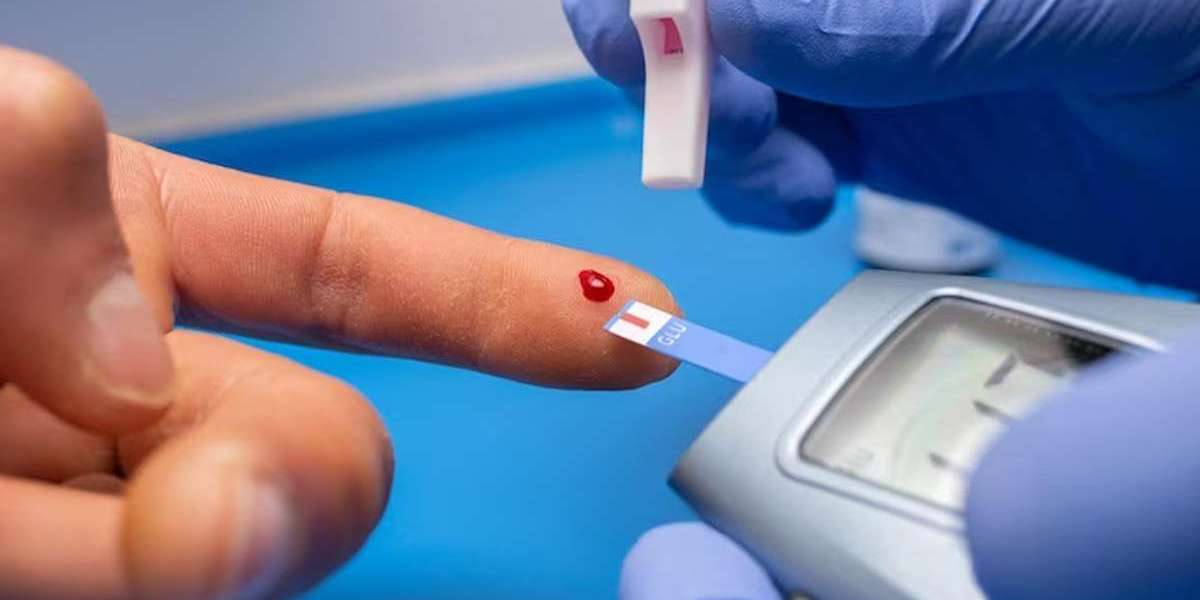In the pursuit of proactive health management, recognizing the signs and symptoms of hyperglycemia is crucial. This guide outlines 10 effective strategies to enhance your awareness, empowering you to identify potential indicators. Additionally, we'll showcase the expertise of Access Health Care Physicians, LLC, your partner in understanding and managing hyperglycemia.
1. Regular Blood Sugar Monitoring:
- Embrace the habit of regular blood sugar monitoring, especially if you have risk factors like a family history of diabetes. This proactive approach allows you to track fluctuations and recognize early signs of hyperglycemia.
2. Stay Hydrated:
- Increased thirst is a common sign of hyperglycemia. By staying well-hydrated, you not only support overall health but also mitigate the risk of dehydration associated with elevated blood sugar levels.
3. Maintain a Food Diary:
- Keep a detailed record of your daily food intake. This strategy helps identify patterns and correlations between your diet and potential symptoms of hyperglycemia.
4. Regular Physical Activity:
- Engage in regular physical activity to maintain a healthy weight and promote insulin sensitivity. Physical exercise is a powerful strategy for preventing and managing hyperglycemia.
5. Know Your Family History:
- Understanding your family's medical history is crucial. Genetic factors can contribute to the risk of hyperglycemia, making awareness of familial conditions essential for early detection.
6. Watch for Unexplained Weight Changes:
- Sudden weight loss or gain can be indicative of hyperglycemia. Regularly monitor your weight and consult with healthcare professionals if you notice unexplained changes.
7. Be Mindful of Fatigue:
- Persistent fatigue can be a symptom of hyperglycemia. Pay attention to your energy levels, and seek medical advice if you experience prolonged tiredness.
8. Regular Eye Check-ups:
- Changes in eyesight, such as blurry vision, can signal hyperglycemia. Schedule regular eye check-ups to detect potential issues early and preserve your vision.
9. Monitor Mood Changes:
- Fluctuations in blood sugar levels can impact mood. Be mindful of irritability, anxiety, or mood swings, as these may be signs of hyperglycemia.
10. Regular Health Check-ups:
- Incorporate routine health check-ups into your schedule. Regular consultations with healthcare professionals, like those at Access Health Care Physicians, LLC, ensure comprehensive assessments for potential hyperglycemia symptoms.
Access Health Care Physicians, LLC: Your Guide to Hyperglycemia Management
In the journey of recognizing and managing hyperglycemia, Access Health Care Physicians, LLC, emerges as a trusted guide. Their commitment to proactive care and early detection sets the stage for effective health management.
How Access Health Care Physicians, LLC, Can Support You:
Comprehensive Health Assessments:
- Access to thorough health assessments for early detection of hyperglycemia symptoms.
Personalized Lifestyle Guidance:
- Tailored advice on diet, exercise, and lifestyle modifications to manage and prevent hyperglycemia.
Patient Education:
- Empowering patients with knowledge about hyperglycemia symptoms, preventive measures, and long-term health management.
Conclusion
By implementing these 10 strategies, you empower yourself to recognize the signs and symptoms of hyperglycemia. Access Health Care Physicians, LLC, stands ready to support you on this journey, providing expert guidance and personalized care for optimal health.
5 Engaging FAQs
Q: Can hyperglycemia symptoms be subtle and easily missed?



